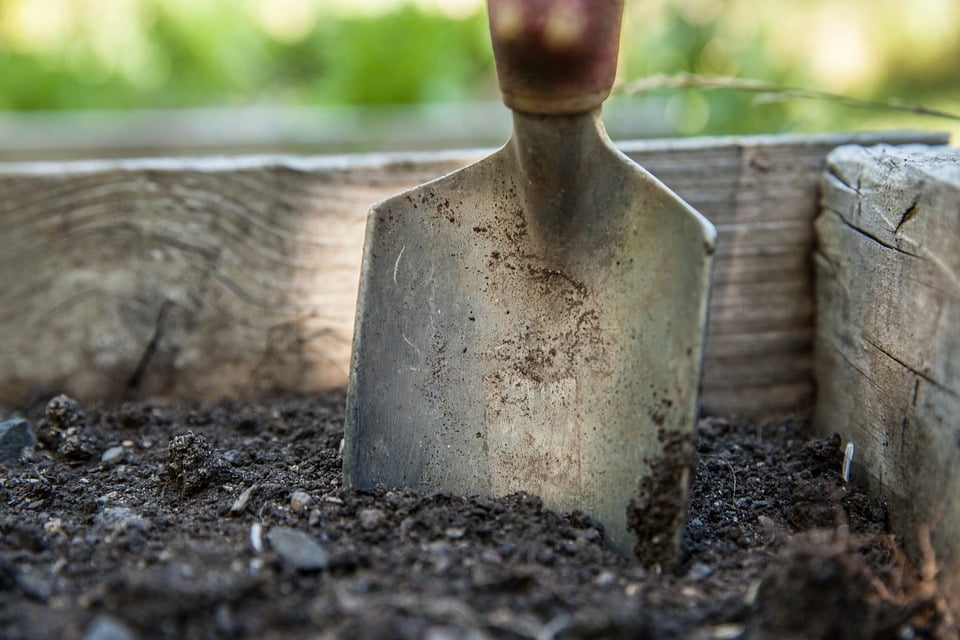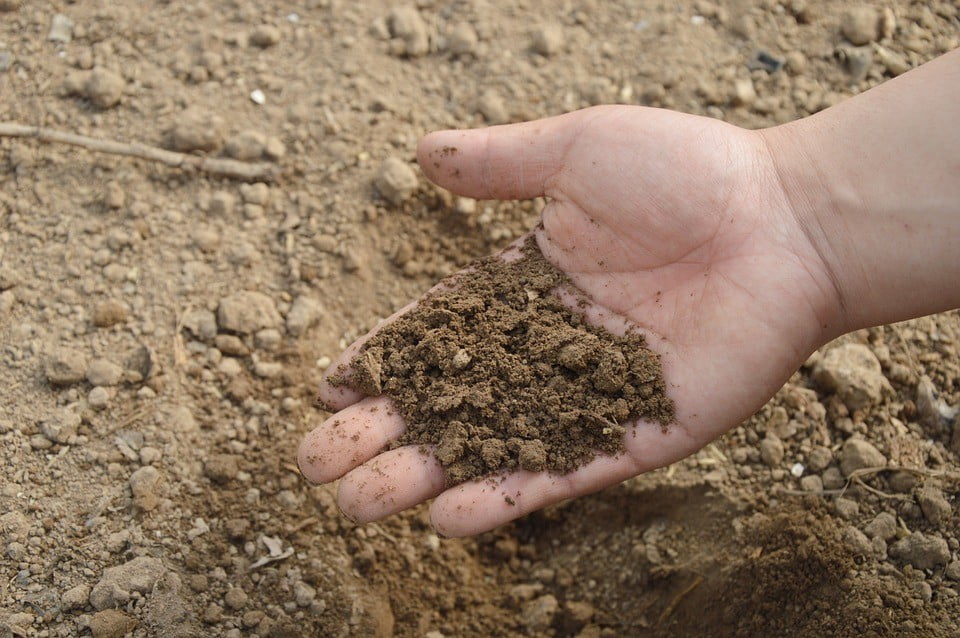Gardening is one of the greatest pleasures in life. Whether you’re growing your own food or planting flowers for the aesthetic, the process of maintaining a mini jungle is refreshing. But it can be tricky to make sure that the oil stays rich with minerals and nutrients to supply many seasons of growth. If you’re used to planting the same crops over and over again, you’re probably stripping the soil of essential nutrients.
But luckily, there are ways to ensure that your soil’s microbial life will thrive in order to support your plants. By exploring soil additives, the rotation of crops, and chickens, you’ll begin to understand the process of building nutrient-rich soil. And eventually, the process will become second nature.
Tips to Make Sure the Soil in your Garden is Well-Maintained:
Exploring Soil Additives:
Adding organic matter like composting materials or old manure will ensure that your soil’s microbial life will thrive. Not only is composting a great way to cut down on household waste, but it’s also a sure way to reduce garden diseases. Adding composted materials improves the integrity of the soil by encouraging microorganisms to multiply. Plus, compostable materials are incredibly cost-effective.
Aged manure can be used for its nitrogen levels. As opposed to soil additives that have already decomposed, manure offers a plethora of aggregation benefits. But be sure to apply manure a few months before planting your crops to avoid potential contamination.
Coffee grinds, surprisingly, contain high levels of nitrogen like manure. If sprinkled onto your garden soil, the grinds should have a similar effect. And they actually contain other nutrients that are really good or soil maintenance like phosphorus, and potassium.
Adding eggshells to the soil while you’re tilling the garden can also help mix calcium into the ground. By adding this essential nutrient, you’re enriching the garden for generations to come. Other enriching materials include banana peels and orange peels.
If you’re hoping to prevent plant disease without adding harmful chemicals to your soil, consider Epsom salts. Some sources claim that adding Epsom salt to your garden helps your seeds germinate. And it’s also known to deter pests like slugs. But exercise caution while exploring additives like Epsom salt, because too much can actually be destructive to your garden.
Chemical Fertilizers:
Chemical fertilizers can replenish soil nutrients and yield profitable crops, but they often cause as much harm as benefit. The crops yielded from a chemically refined garden often contain fewer nutrients, making them less healthy for those who eat them. But they’re produced in mass amounts, which makes using chemical fertilizers easy on the wallet. What farmers don’t really talk about, however, is that chemical fertilizers strip the land over the course of time.
And in many cases, they’re completely harmful to humans. Not only can chemical fertilizers cause damage to your soil, but they can also cause harm to you, your pets and your kids. There’s some evidence that suggests that chemical fertilizers can even be found in groundwater! And nearby water sources often feature dead fish.
If you’re looking for the healthiest option for you and your soil, consider an alternative fertilizer. Using chemical fertilizers on large crops might seem like a good idea at first glance due to its convenience. But choosing a different option will preserve the soil for generations to come and prevent you from ingesting harmful chemicals and nutrient-weak food.
Rotate Your Crop Types Annually:
Diversifying the types of crops you choose to plant on an annual basis allows the soil to bounce back from previous harvests. Plants use different nutrients to grow. And by rotating your crop, you’ll ensure that the soil won’t be stripped by repeated use.
Additionally, crop rotation can essentially fertilize itself. For example, beans emit nitrogen, which will be absorbed by the soil and used for future crops. The diversity of crops helps the farmer to prevent diseases in plants.
Crops should be rotated by type. Bonnie plants divide them into four categories: Leafy crops, fruity crops, root crops, and legumes. The biggest drawback to crop rotation is that you can’t always plant the crops that will yield the highest profit, because you have to maintain soil health.
Use Your Chickens:
If you already have chickens, allow them to free graze through your garden. They’re likely to fertilize the soil as well as rotate the soil while searching for treasures. Their waste adds health microbial to the soil and their curiosity will have them mixing and scratching through the dirt all day long. Chicken waste is high in nitrogen but it also contains potassium and phosphorus, which will help to maintain the quality of your garden soil.
But don’t fret! If you’re someone who doesn’t have access to chickens, you can still use other natural fertilizers. You’ll just have a bit more work ahead of you.
A Few Extra Tips & Tricks:
Making sure that your garden has a good way to drain excess water will ensure that your crops will receive the right amount of water. If it takes more than 10 minutes for standing water to work its way through the soil, you probably need to improve your garden’s drainage system.
Additionally, tilling the soil helps the microbial life to do its job. Tilling also breaks up the soil to make it more receptive to water, air, and other nutrients.
What Soil Experts Say:
Soil experts recommend adding at least two inches of compost, manure, or other organic materials to your garden on an annual basis. This regular upkeep will ensure that you maintain the soil’s microbial health for future generations.
The exciting thing is that most soil enrichers can be brought straight from your kitchen to your garden. You don’t have to spend tons of money on a bag of harmful chemicals in order to ensure that your plants will be healthy. Instead, consider exploring compostable materials like eggshells and coffee grounds. By adding the perfect soil maintainer, you just might end up with your best crop yet!
Read Also:






























